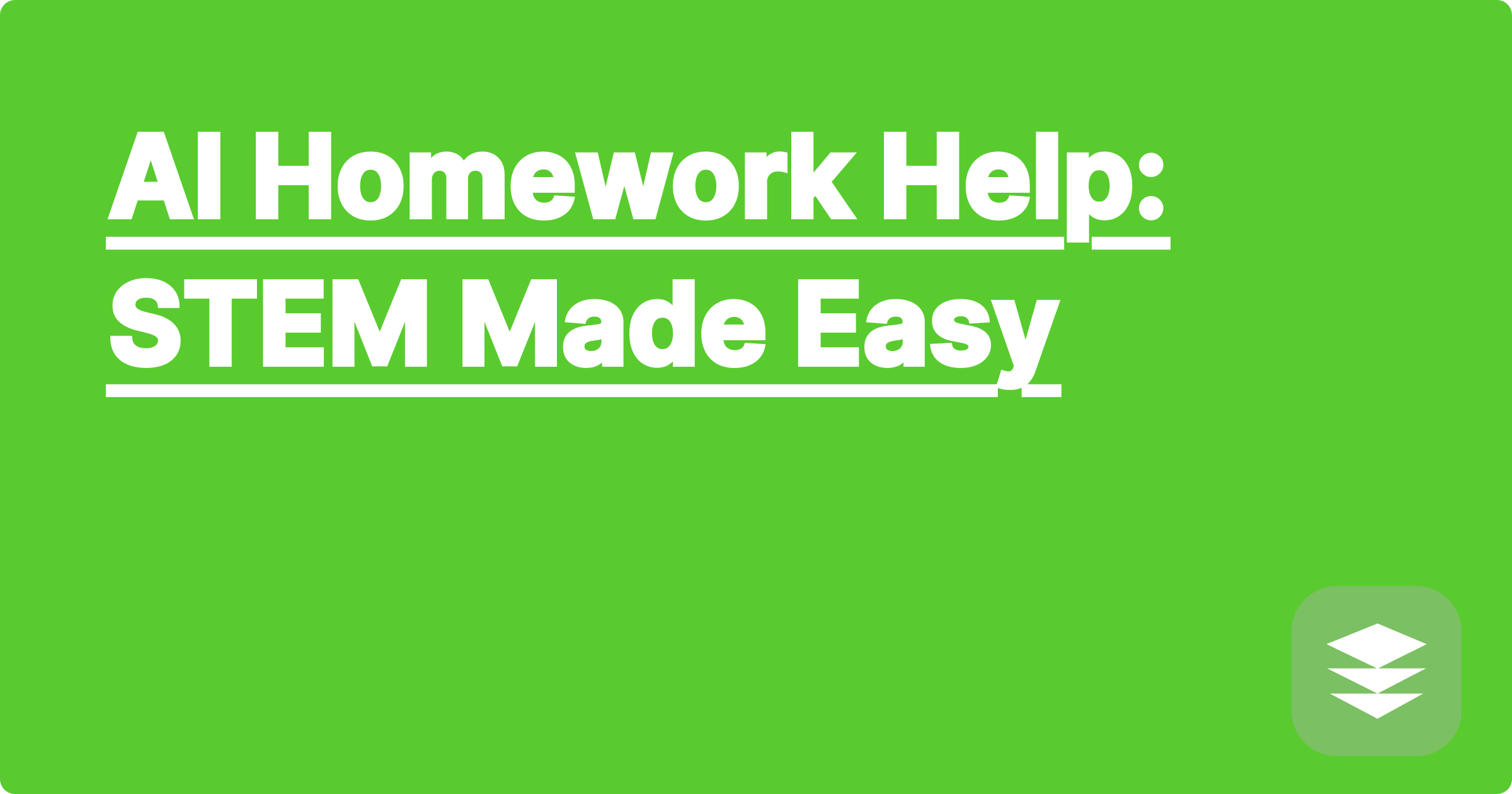
The demanding world of STEM education and research often presents complex challenges that can leave students and researchers feeling overwhelmed. From intricate mathematical proofs to deciphering complex physics problems, the sheer volume and difficulty of the material can be daunting. Fortunately, the rise of artificial intelligence offers a promising new avenue for navigating these academic hurdles. AI-powered tools can provide valuable support, enabling students and researchers to tackle complex problems, gain deeper understanding, and ultimately achieve greater success in their STEM pursuits.
This shift towards AI-assisted learning and research is not just a technological advancement; it represents a fundamental change in how we approach STEM education. By leveraging the power of AI, students can move beyond rote memorization and develop a more intuitive understanding of core concepts. Researchers can accelerate their work by automating tedious tasks and exploring new avenues of inquiry. This transformative potential of AI in STEM education and research is what we will explore in this blog post.
STEM fields are inherently challenging due to their abstract nature and the rigorous analytical skills they demand. Students often struggle with grasping complex concepts, applying theoretical knowledge to practical problems, and managing the sheer workload. In mathematics, for example, students might encounter difficulty understanding abstract algebraic structures or applying calculus to real-world scenarios. Physics presents its own set of challenges, requiring students to visualize complex systems and apply intricate formulas to solve problems involving motion, forces, and energy. Similarly, chemistry requires students to understand molecular interactions, balance chemical equations, and predict reaction outcomes. These difficulties are further compounded by the ever-increasing volume of information students are expected to absorb and the pressure to perform well in highly competitive academic environments.
AI tools like ChatGPT, Claude, and Wolfram Alpha offer powerful capabilities to address these challenges. ChatGPT and Claude, for instance, excel at explaining complex concepts in a clear and conversational manner. They can break down intricate topics into smaller, more digestible pieces, providing step-by-step explanations and answering specific questions. Wolfram Alpha, on the other hand, is a computational knowledge engine that can perform complex calculations, solve equations, and provide detailed information on a wide range of scientific topics. By combining the strengths of these different AI tools, students and researchers can create a personalized learning and research environment tailored to their specific needs.
Let's consider a scenario where a student is struggling to understand the concept of eigenvalues and eigenvectors in linear algebra. They can start by asking ChatGPT or Claude to explain the concept in simple terms. The AI can provide a clear definition, illustrate the concept with examples, and even offer analogies to make it more relatable. Next, the student can use Wolfram Alpha to compute the eigenvalues and eigenvectors of specific matrices, allowing them to see the concept in action. Furthermore, they can ask the AI to explain the steps involved in the calculation, solidifying their understanding of the underlying mathematical principles. This iterative process of learning, practicing, and questioning allows students to actively engage with the material and develop a deeper understanding of the subject matter.
Consider a physics problem involving projectile motion. A student needs to calculate the maximum height and range of a projectile launched at a specific angle and initial velocity. They can input the given parameters into Wolfram Alpha, which will not only provide the numerical solutions but also display the relevant formulas and even visualize the trajectory of the projectile. Alternatively, a chemistry student struggling to balance a complex chemical equation can input the reactants and products into Wolfram Alpha, which will automatically balance the equation and provide information about the stoichiometry of the reaction. For example, balancing the combustion of propane (C3H8) with oxygen (O2) to produce carbon dioxide (CO2) and water (H2O) can be easily accomplished with Wolfram Alpha, yielding the balanced equation: C3H8 + 5O2 -> 3CO2 + 4H2O. These examples demonstrate the practical utility of AI tools in solving specific STEM problems.
To maximize the benefits of AI in STEM education and research, it's essential to adopt effective strategies. First, actively engage with the AI tools by asking specific questions and exploring different approaches. Don't simply rely on the AI to provide answers; use it as a tool to guide your learning and research. Second, critically evaluate the information provided by the AI. While these tools are incredibly powerful, they are not infallible. Always double-check the results and ensure they align with your understanding of the underlying principles. Third, use AI as a supplement to, not a replacement for, traditional learning methods. Textbooks, lectures, and hands-on experiments remain crucial for building a solid foundation in STEM. Finally, explore the different functionalities of various AI tools to discover which ones best suit your learning style and research needs.
Concluding, AI offers a powerful set of tools that can significantly enhance STEM learning and research. By understanding the capabilities of these tools and employing effective strategies, students and researchers can overcome academic challenges, deepen their understanding of complex concepts, and unlock their full potential in the exciting world of STEM. Embrace the power of AI and embark on a journey of accelerated learning and discovery. Start exploring these tools today and witness the transformative impact they can have on your STEM journey.
AI Homework Help: STEM Made Easy
Ace STEM Exams: AI Study Guide
AI for Lab Reports: Data Analysis
AI: Your Coding Homework Helper
AI Flashcards: Master STEM Concepts
AI Simulation: Engineering Projects
AI Math Solver: Conquer Calculus